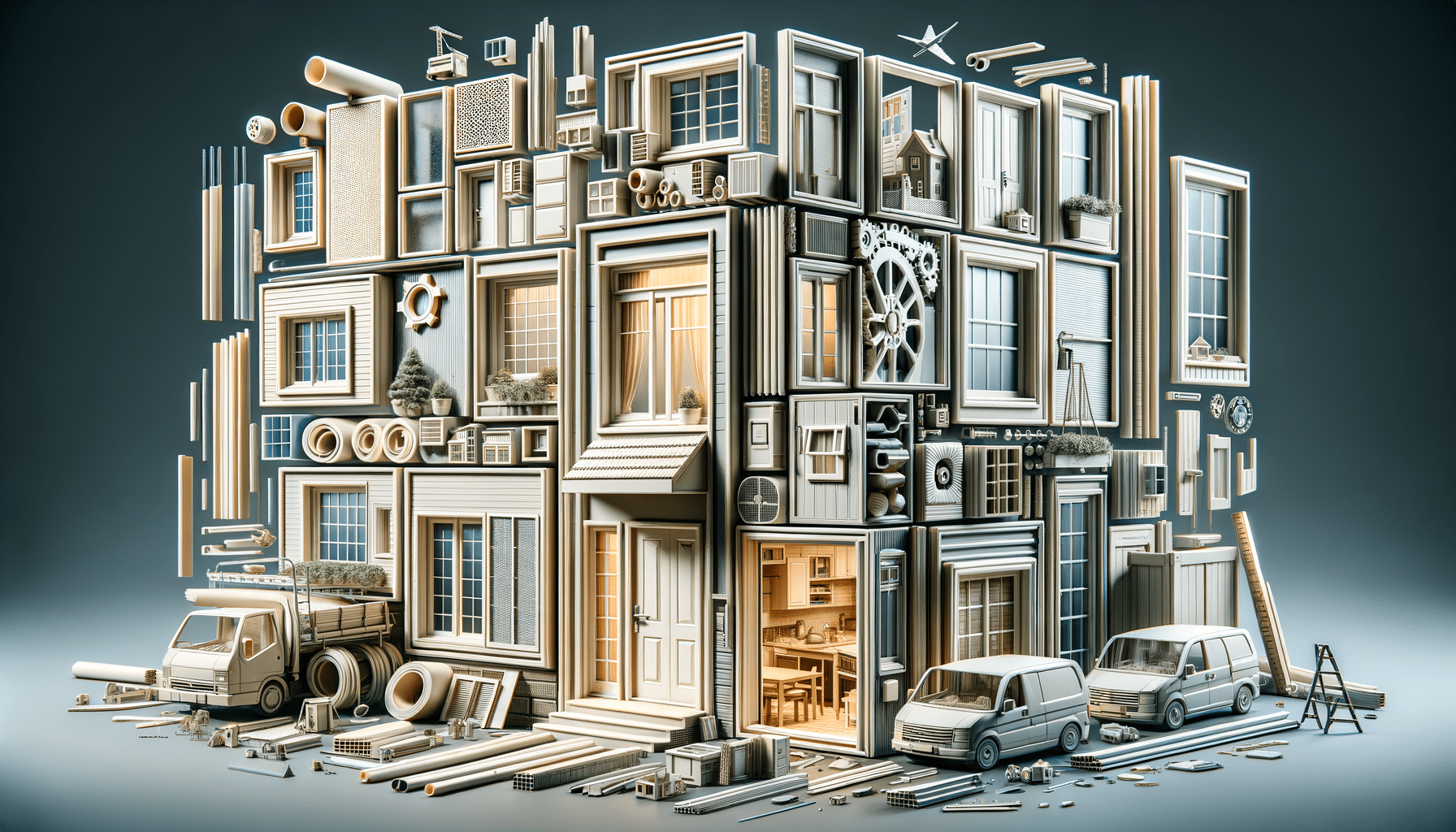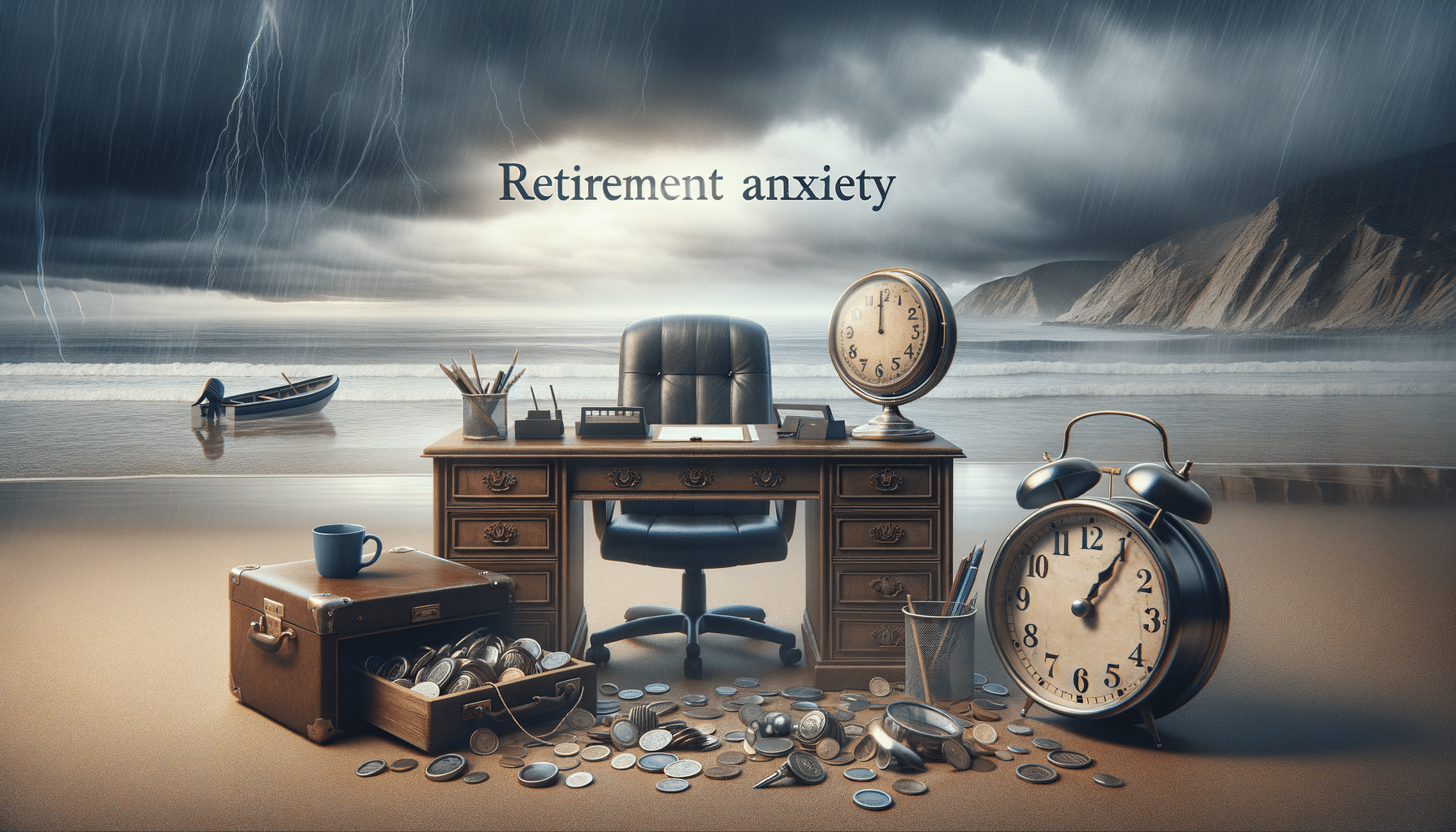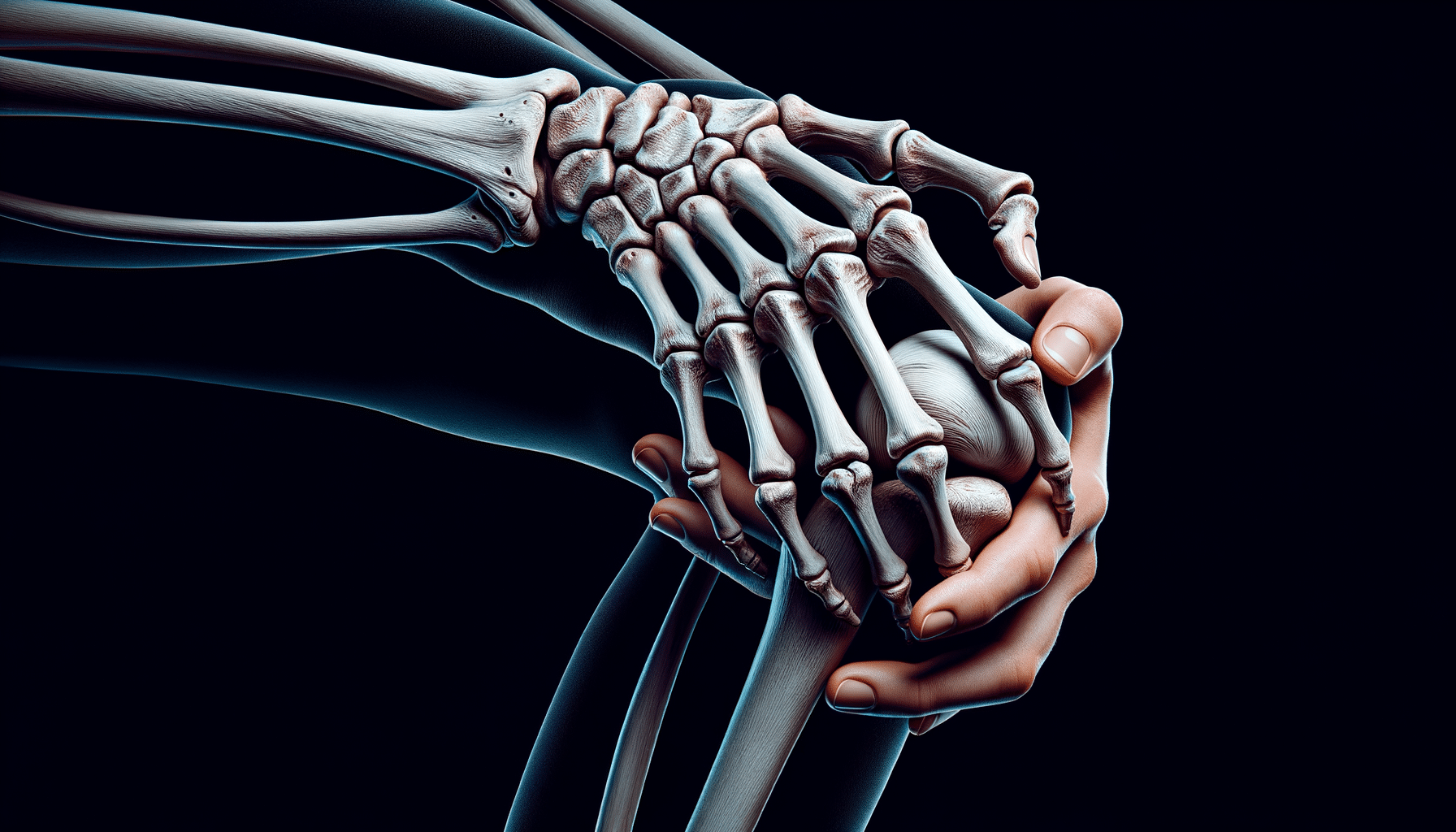
PVC Windows: Benefits and Features
Introduction to PVC Windows
PVC windows have become a staple in modern architecture, offering a blend of durability, energy efficiency, and aesthetic appeal. As homeowners and builders seek sustainable and cost-effective solutions, PVC windows stand out as a preferred choice. The material, polyvinyl chloride, is known for its robustness and versatility, making it suitable for various architectural styles. This article delves into the numerous advantages of PVC windows, exploring their features and why they are increasingly favored in both residential and commercial settings.
Durability and Longevity
One of the most significant advantages of PVC windows is their durability. Unlike wooden frames that can warp or rot over time, PVC is resistant to weathering and does not succumb to the elements. This resistance ensures that PVC windows maintain their structural integrity and appearance for many years. Furthermore, PVC is not susceptible to corrosion, making it an excellent choice for homes in coastal areas where salt and moisture can be particularly damaging.
Another factor contributing to the longevity of PVC windows is their resistance to UV rays. While prolonged sun exposure can cause other materials to fade or weaken, PVC windows retain their color and strength. This quality reduces the need for frequent replacements or repairs, offering homeowners a cost-effective solution in the long run.
Additionally, PVC windows are designed to withstand significant temperature variations without expanding or contracting, which can lead to gaps and inefficiencies in other window types. This stability ensures that the windows remain tightly sealed, further enhancing their durability.
Energy Efficiency
Energy efficiency is a critical consideration for homeowners, and PVC windows excel in this area. The material’s insulating properties help maintain a consistent indoor temperature, reducing the need for excessive heating or cooling. This efficiency translates to lower energy bills and a reduced carbon footprint, aligning with the growing demand for eco-friendly home solutions.
PVC windows often feature multi-chambered profiles that enhance their thermal performance. These chambers trap air, providing an additional layer of insulation. Moreover, many PVC windows come with double or triple glazing options, further improving their energy efficiency by minimizing heat transfer.
Homeowners can also benefit from the sound insulation properties of PVC windows. The same features that prevent heat loss also reduce noise pollution, creating a quieter and more comfortable living environment.
Low Maintenance
Another appealing aspect of PVC windows is their low maintenance requirements. Unlike wooden frames that need regular painting or varnishing, PVC windows require minimal upkeep. A simple wipe with a damp cloth is usually sufficient to keep them looking clean and new.
The material’s resistance to common issues such as rotting, rusting, and warping also means that homeowners spend less time and money on repairs. This low maintenance aspect is particularly beneficial for busy households or rental properties where upkeep needs to be straightforward and cost-effective.
Furthermore, PVC windows are resistant to mold and mildew, which can be a concern in more humid environments. This resistance not only preserves the window’s appearance but also contributes to a healthier indoor air quality.
Design Flexibility and Aesthetic Appeal
PVC windows are available in a wide range of styles, colors, and finishes, allowing homeowners to customize their appearance to match their home’s aesthetic. Whether opting for a traditional look with wood-grain finishes or a sleek, modern design, PVC windows can be tailored to suit any preference.
The versatility of PVC also extends to the shapes and sizes of the windows. Manufacturers can produce bespoke designs that fit unique architectural requirements, providing a seamless integration into any building design.
Additionally, PVC windows can complement various interior styles, from classic to contemporary, making them a versatile choice for any home. This flexibility, combined with their functional benefits, makes PVC windows a popular option for those looking to enhance their property’s curb appeal without compromising on performance.
Conclusion: The Smart Choice for Modern Homes
In conclusion, PVC windows offer a multitude of benefits that make them an outstanding choice for modern homes. Their durability, energy efficiency, and low maintenance requirements provide both practical and financial advantages. With the added benefits of design flexibility and aesthetic appeal, PVC windows are well-regarded in the construction and renovation industries.
For homeowners seeking reliable, cost-effective, and attractive window solutions, PVC windows present a compelling option. As the demand for sustainable and efficient building materials continues to rise, PVC windows are likely to remain a prominent feature in homes worldwide.


